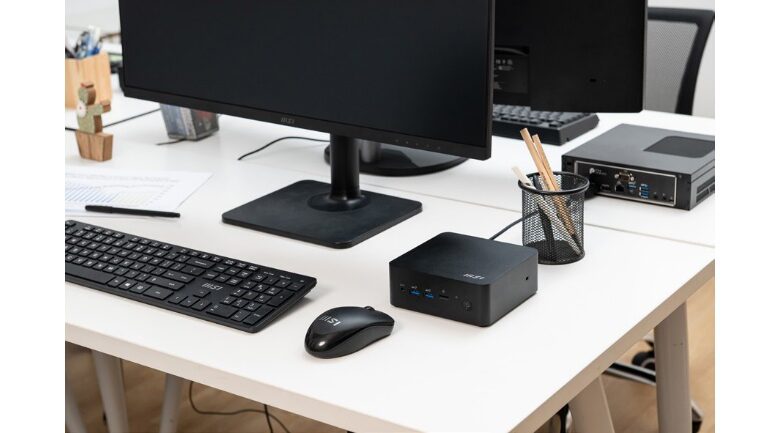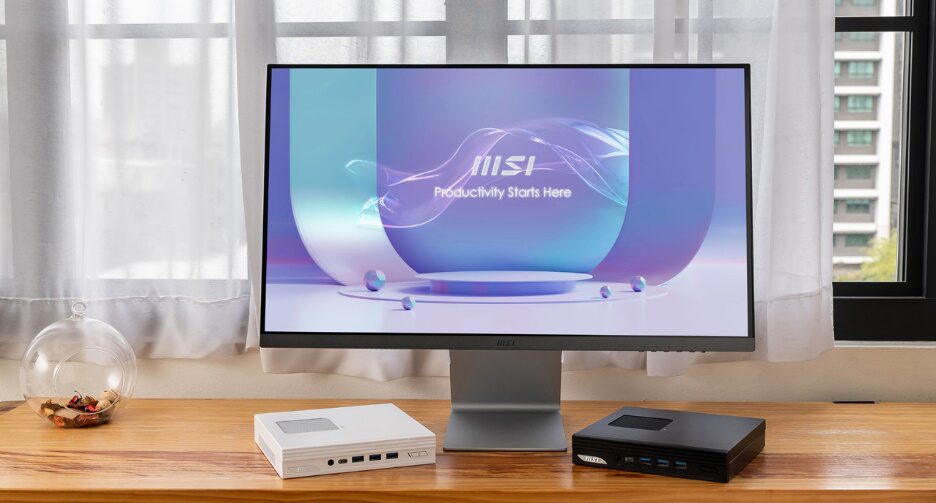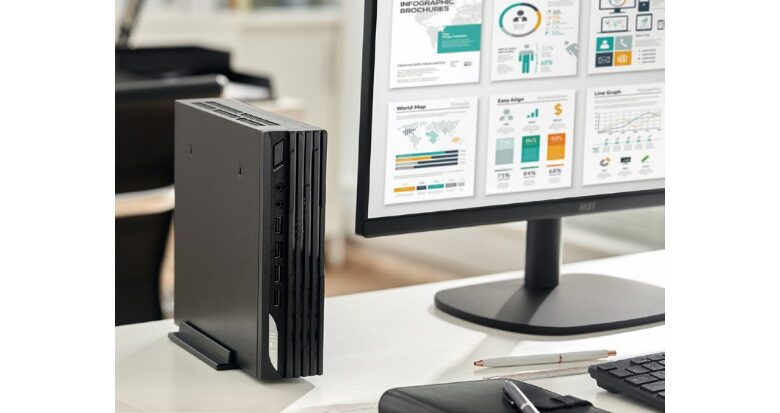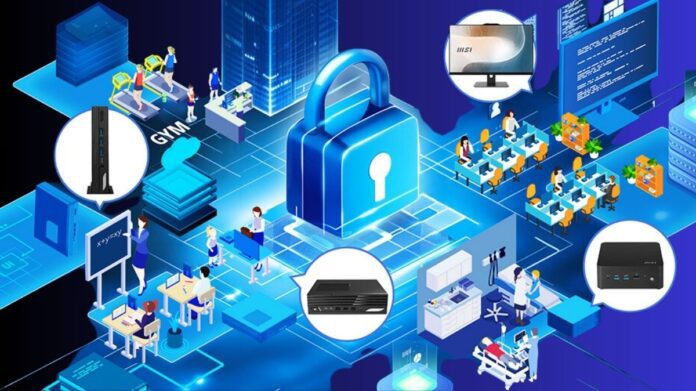Windows 10 PCs
Windows 10, used by over two-thirds of Windows installations, is the most popular version of Windows today. Windows 10 will stop receiving upgrades in October 2025, which many users and corporate IT departments are unaware.
This is applicable to the most recent operating system version, 22H2, which was issued back in 2022. This implies that support for prior versions would have ended even sooner. It’s possible that a sizable portion of Windows 10 PCs used by organisations on a daily basis lack essential security and non-security updates.
This could eventually lead to a loss of functionality and expose these PCs to new security risks. For instance, obsolete Windows 10 PCs would not have vulnerabilities that are known to the public, including ones that are frequently discovered by security researchers, fixed.
In the first four months of 2024, the National Institute of Standards and Technology (NIST) in the United States examined almost 4,000 new common vulnerabilities and exposures (CVEs) in its database to get a sense of the magnitude of the danger. It will be challenging to fight against these new cybersecurity dangers for companies that still use antiquated PCs. This is a result of their PCs’ base operating system not being updated to the most recent, secure version to thwart malicious assaults.
Notably, a Microsoft security experts have also found an increasing trend in which systems are attacked via taking advantage of firmware and hardware flaws in the CPU, memory, and hard drive, for example.

Malicious activity like this is spreading more and more, and it can be challenging to find and eliminate such spyware. Users are forced to either replace the hard drive or reinstall the operating system after becoming infected. More significantly, these flaws have detrimental unintended effects on society at large in addition to endangering users’ information security. For example, ransomware has crippled computers at vital institutions like hospitals and petrol stations in recent years, causing irreversible losses.
It is imperative to take action immediately
The majority of organisation should update their fleets of Windows 10 PCs as soon as possible to take advantage of the new features and ongoing security upgrades that will ensure their computers operate worry-free. Though it depends on the hardware used, certain PCs could be able to obtain Windows 11 software upgrades. IT teams will also need to put in a lot of work to manage and ensure a smooth migration.
Business users are the target market for a MSI‘s most recent Windows 11-ready PCs, for instance. Because Intel vPro is integrated, they improve stability, productivity, manageability, and security all at once. These MSI PCs with the newest processors will be equipped with silicon-assisted threat detection as part of the Intel vPro platform, allowing for enhanced corporate defences and making it more harder for attackers to exploit flaws.
IT organisations can also prevent misconfigurations and missed patches by increasing endpoint visibility using Intel vPro’s user-friendly yet powerful management tools. This closes frequent gaps that bad actors take advantage of.
These new MSI PCs running Windows 11 which range in size from tiny notebooks to all-in-one devices that offer performance, convenience, and stylish form factors will give businesses a significant competitive edge, particularly in situations where they interact with customers. The hardware in these PCs is contemporary and “hardened” to support security features that guard against the most recent threats, as required by Windows 11’s stricter Trusted Platform Module (TPM) standards.
The TPM module, a secure crypto-processor made to perform cryptographic operations, is a requirement for a Windows 11 PC. This maintains platform integrity by capturing and storing security measurements of the boot process and aids in device authentication using a unique key burned into the chip. To make sure that no changes have been done, Windows 11 Safe Mode does a check during startup to see if the boot program code and keys match the data kept in the TPM chip.
This is but one significant way that Windows 11 and more recent, security-focused PC technology are assisting in keeping consumers and companies safer online. As usual, the most crucial precautionary action one can do is to remain alert. Nevertheless, Windows 11’s security features will also contribute to real-time detection and defence.

Choosing the ideal Computer
What should a business look for with a Windows 11 PC with so many options? It should look for business-grade PCs that have the newest operating system and more secure hardware that automatically defends against online threats. By making AI technologies available to everyone who can use them, Intel’s newest AI-focused processors not only help employees become more productive, but they also aid improve defensive posture.
With MSI’s new Windows 11 PCs, businesses can stay up to date on the greatest performance possible, enabling their users to reach their full potential and making sure their cyber defences are prepared for any new threats. For instance, the well-known MSI Cubi NUC series of small PCs satisfies needs for a variety of businesses, including stores, clinics, and any company looking to clear up space in their cramped offices.
In contrast, the MSI PRO line is suitable for a range of business environments where a compact PC can provide connectivity and performance. In addition, the MSI Modern Series AIO will look good in hotel reception areas because of its clean, elegant design, which will match the decor while yet providing the necessary functionality. It also supports several more use cases.

Consider the situations an organisation may face
Small and medium-sized businesses (SMEs)
Similar to large businesses, SMEs depend on the performance of the newest PCs to conduct their operations smoothly and enable workers to work effectively.
With capacities of either 1.1 litres or 2.3 litres, MSI’s Mini PC line, which includes the DP10 and DP21, offers strong performance in an incredibly compact form factor. Strong processor options and a variety of useful IO ports are included with each of these small PCs, catering to varying scenarios.
For instance, the PRO DP10 allows for up to four screens, making it simple and convenient to run many programs at once. In contrast, the PRO DP21 has USB and COM connectors that allow it to be connected to motor controllers, vision systems, barcode scanners, and receipt printers in an intelligent factory.
Medical/healthcare
In a congested medical or healthcare setting, smaller PCs free up space for additional equipment. Here, MSI’s ultra tiny PCs in the Cubi N, Cubi 5, Cubi NUC, and Cubi series stand out as clear picks for the upcoming PC update.
The Cubi series delivers amazing performance that surpasses many full-sized desktop computers, all in a tiny 0.66 litre chassis. For instance, the Cubi 5 has Thunderbolt 4, USB-C, HDMI, and DisplayPort ports in spite of its small size.
By dividing intranet and internet connections and restricting unwanted access, dual Ethernet ports on both Cubi series can enhance network security. The other port will be activated right away, so it serves as a dependable backup in case the first one fails.
Education
Although MSI’s AIO series is geared towards productivity, students who want a slick, user-friendly interface provided in an AIO style will find them useful as well. Additionally, these PCs have an integrated Windows Hello webcam with Tobii Aware software for biometric security, as well as MSI’s Anti-Flicker and Less Blue Light technologies, which will be extremely helpful in an educational setting and decrease eye strain during continuous use.
Additionally, the Modern series AIO is adaptable to various connectivity requirements thanks to its several ports (including USB Type-A, Type-C, and HDMI in/out). The system has upgradeable storage options with both M.2 SSD and 2.5-inch HDD/SSD sockets, and it supports up to 64GB of DDR4 RAM.
Modernisation for uninterrupted company operations
Businesses need to move quickly to switch to new Windows 11 PCs, which offer reliable performance, manageability, and the most recent security upgrades, as Windows 10 PCs support is about to expire. By supporting the newest applications, like artificial intelligence, they also increase efficiency in this way.
Windows 11, an updated operating system, provides better productivity, team management, and security. This is further enhanced by a range of business PC hardware specifications offered by MSI, as well as proprietary applications like MSI Cloud Centre.
Due to the abundance of possibilities, businesses from various industries can find a business PC that meets their specific demands. Even though many PCs may still run outdated operating systems, it is always preferable to plan ahead for an upgrade rather than waiting until support expires.
Businesses may minimize disruptions and ensure a smooth transition to new Windows 11 systems by upgrading early. Long-term business goals can be more effectively achieved and continuity can be ensured by improving preparedness within organizations.


